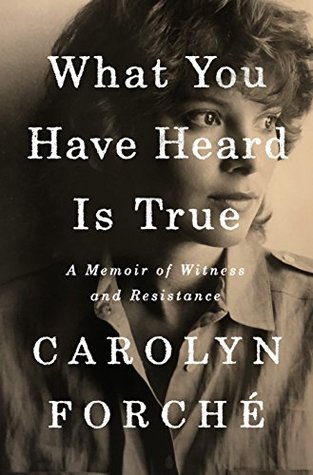More on this book
Community
Kindle Notes & Highlights
Read between
June 28 - August 8, 2020
Tewa, I think, and so he called me Tiem-papu, or ‘Morning Flower,’
“Let me tell you about a priest,” Leonel said, “Padre Rutilio Grande—did Claribel happen to mention him?”
After beating Lorca with their rifle butts and calling him a faggot, they filled him with bullets. The grave, sought by many, has never been found.
She began reciting something that sounded almost like litany: Aguilares, Padre Grande, Padre Navarro, aquí en San Salvador y en Aguilares y campesinos, “hundreds, three hundreds, all dead, even niños dead.”
“This means,” she said, “that they can arrest anyone at any time for any reason. They have legalized their repression. It is against the law to oppose them in any way. But, Carolina, only the lucky ones are arrested under this law. Only the lucky ones have a trial.” We were talking in the dark after the girls went to bed. “What happens to the unlucky?” “What happens? They are disappeared. They become desaparecidos. We don’t know after that, unless the corpse is found, and even then we don’t know because they are, how do you say it? Beyond recognition.”
Without this man, standing where he stands, saying what he does, without him there would be no voice for the people whatsoever. There is no one, no one more courageous than this man, he assured me, and you will not ever again in your life encounter anyone like him.
This is how I first saw Monseñor Oscar Romero: from a distance, over the heads of the congregation in an unfinished cathedral, in his white vestments before a spray of microphones, giving a homily ending with a litany of the names of those disappeared or found dead that week, some of whom were in coffins lined up at the altar, with windows cut into the lids to reveal their faces, except the mutilated.
Lesson number four: If someone promises to do great things, ask them first for something small, like a bridge or a cow.”
I had heard so much about Monseñor, especially from Margarita, but had seen him only from a distance in the cathedral, and now he was here, at this kitchen table, chatting over chicken. I heard my name, then something inaudible, and Monseñor nodded his head yes, glancing at me. Then he said yes again. To what had he said yes?
I was with Monseñor Ricardo Urioste, a quiet, studious priest whom I knew as a friend of Monseñor Romero’s.
This was the first and only time I witnessed an abduction, the moment when someone is made to disappear, to become desaparecido. Before and after this, I encountered the desaparecidos only in the body dumps, in the morgue, on the roadside, and along the beach, or I would study their faces in the photographs provided by their families and ask, sometimes aloud, Where are you? Over the years these faces have grown younger and younger.
Monseñor now had his Bible on the table before him. He was tapping it with his fingertips again, and I saw the same soft light that I saw during the interview, silvery, coming from his eyes, his skin, even his fingernails, an emulsion of light, such as sanctity bestows.
It isn’t the risk of death and fear of danger that prevent people from rising up,” Leonel once said, “it is numbness, acquiescence, and the defeat of the mind. Resistance to oppression begins when people realize deeply within themselves that something better is possible.”


